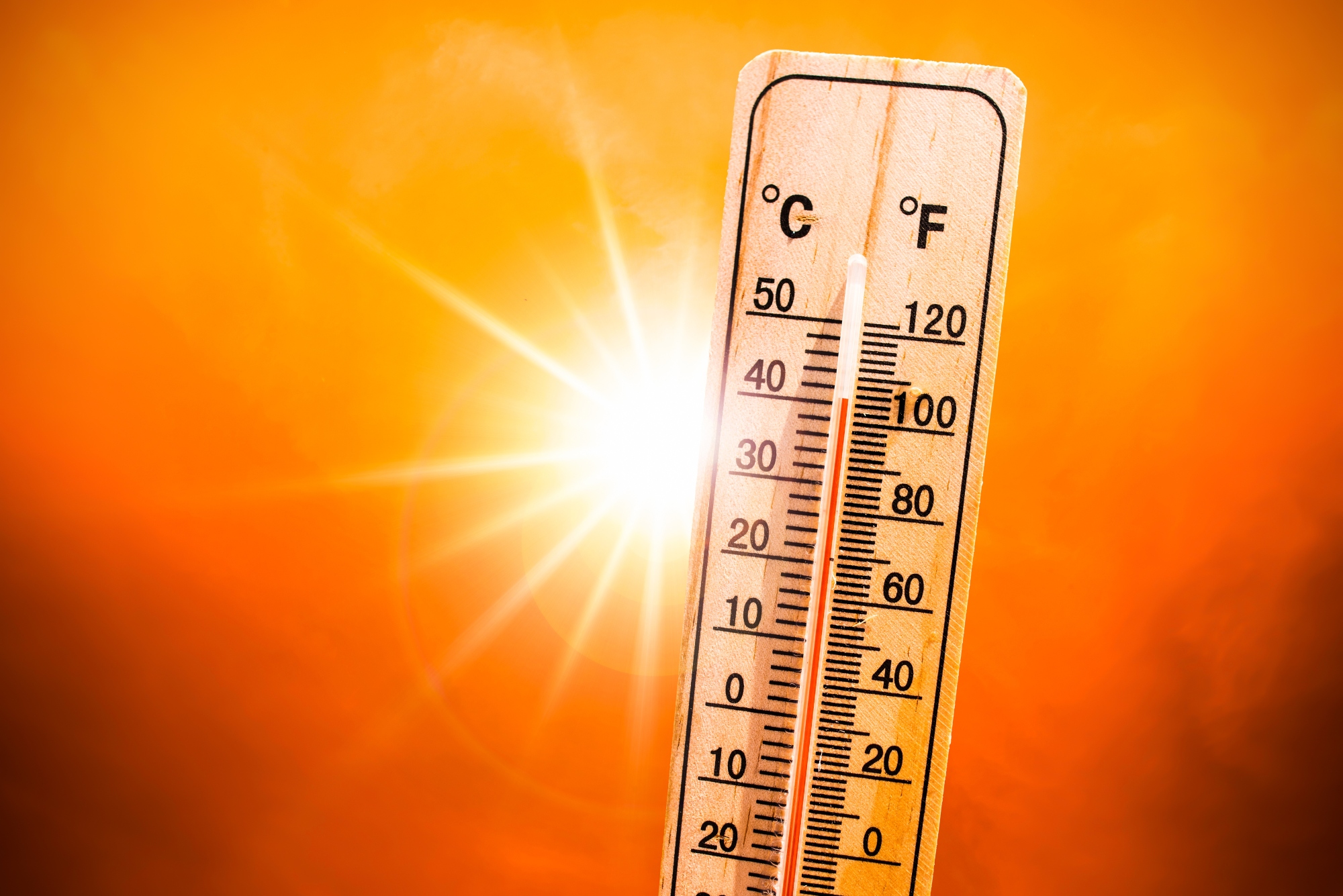As Northern California gears up for more hot days, with temperatures in many areas topping the century mark, emergency physicians are counseling the public to limit their time outdoors, drink plenty of water, apply sunscreen, wear light clothing and a wide-brimmed hat, and keep an eye on the very young and the very old. And, if you need to mask up, don’t wear an N-95.
Ronn Berrol, M.D., the medical director of Sutter Health’s Alta Bates Summit Emergency Department in Oakland, says that most people don’t need to wear a mask outdoors, especially if they’re vaccinated. But if their job requires it, or if you don’t feel safe without one, change to a mask that doesn’t restrict the air from flowing freely.
“The N-95 is tough to breathe through, and the N-95 does not allow airflow. That’s how it protects you from COVID,” Dr. Berrol explained. “But on hot days it’s more problematic, so you may consider switching to a simple surgical mask … or cloth mask.”
Dr. Berrol and Arthur Jey, M.D., a Sutter emergency physician in Sacramento and Roseville, held an interview session with media to kick off the summer season and pleaded with the public to watch out for those most vulnerable, including children who can’t verbalize their symptoms, the elderly, outdoor workers and the homeless.
Calling heat illnesses “a continuum” that can happen gradually, the two physicians stressed that when symptoms of heat stroke are evident, it’s time to head to the emergency room.
“People will stop sweating when it’s extremely hot and they can’t regulate their temperature, so it looks a lot like a stroke,” Dr. Jey said.
The doctors said other symptoms of heat stroke include confusion, dizziness, nausea and fainting.
“The obvious things to look for would be the racing heartbeat, weakness, feel like you might pass out, confusion and nausea,” Dr. Berrol said, “and interestingly sometimes as people get heat illness, they might get a feeling of chills as well.”
Both doctors stressed that keeping your outdoors activities minimal in the afternoon is best, and even keep your pool activities to 45 minutes or less, taking a 15-minute break to drink water, relax and get out of the sun.
And, as heat waves enter their third or fourth day, the docs said to be extra vigilant.
“The continual assaults on your ability to regulate your temperature and stay cool,” Dr. Berrol said. “And sometimes it’s like day three, suddenly you just start seeing a lot of people come in with incredibly high temperatures that you don’t see any other time of the year.”
The physicians stressed that coming to the hospital, even during the pandemic, has been kept safe, and they said to come to the emergency room early if anyone is showing signs of heat stroke.
“We’d like people to err on the side of caution if they feel that they are getting illness related to too much heat,” Dr. Berrol said. “We’d rather they come in early and have it be a false alarm, because that’s when you have the opportunity to treat, the earlier someone comes in.”
Here are links to stories that can help you stay safe during the heat wave: NBC Bay Area, Fox 40 and CBS 13.





